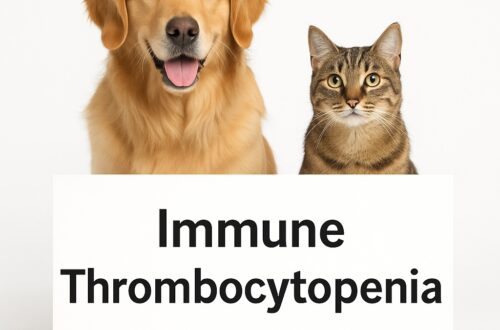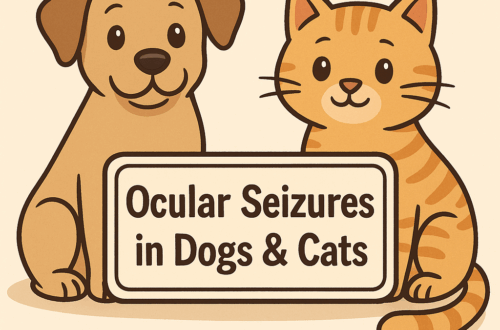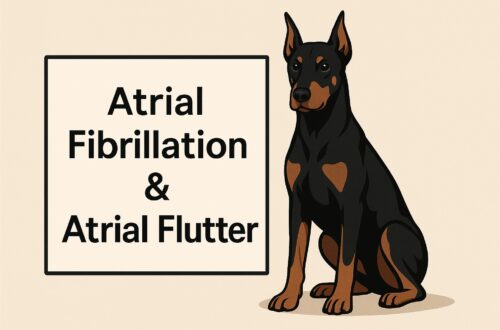Board-certified veterinary specialists thrive on the opportunity to partner with pet parents and primary care doctors in an effort to make animals feel better. There are very few feelings that are more satisfying than that of successfully discharging a healed (or even cured) patient home to his/her family. However in my line of work, the likelihood of finding a cure for my patients is actually quite low. As a board-certified veterinary internal medicine specialist, I chiefly help patients with chronic diseases, animals with ailments that can’t be cured but that are rather managed with long-term (and possibly lifelong) therapies. Patients who require chronic interventions also need serial reevaluations of both their physical condition and various diagnostic tests.
Where does follow-up testing occur?
As I mentioned earlier, the vast majority of my patients require some degree of follow-up with a doctor, either for a physical examination and/or a reassessment of a specific test(s). Accordingly one of the most common questions I am asked by pet parents is
“Do you do the follow-up testing or does my family doctor do it?”
The answer is actually quite simple: It is up to the pet parent! Pet parents can choose to follow-up with their pet’s veterinary specialist or their pet’s primary care doctor. With rare exception, pet parents will be hard-pressed to find a board-certified veterinary specialist who unequivocally says rechecks must be done with him/her even if this is what s/he prefers. This common scenario is truly akin to walking a tightrope.
Why? On one hand, board-certified veterinary specialists are some of the most anal-retentive, perfectionistic, opinionated and untrusting people on the planet. I can say this because I’m one of them. We need to perform examinations and tests ourselves to fully believe results. We are trained to evaluate everything with the most scrupulous eyes, and we don’t (and honestly sometimes won’t) believe findings unless we do the reassessment ourselves. On the other hand, veterinary specialists truly appreciate the trust primary care colleagues place in us by referring patients to us. If referring doctors perceive veterinary specialists to be “patient stealers” because no patients return to them for follow-up evaluations, the number of animals referred to us will dwindle precipitously; thus our ability to help pets and their families will be severely limited.
What happens when my pet’s family doctor does follow-up testing?
Many pet parents chose to perform follow-up testing recommended by a board-certified veterinary specialist with their family veterinarian. Specialists readily recognize this fact given the economics of serial testing and the distance some families have to travel to meet with a specialist. Nevertheless pet parents need to ask themselves two very important questions:
1. Will your family veterinarian keep the veterinary specialist updated?
On an almost daily basis, veterinary specialists receive phone calls from pet parents asking what they think of follow-up tests performed by their pet’s primary care veterinarian. Unfortunately for the vast majority of these patients, these specialists do not receive any follow-up results, nor do they even have any knowledge follow-up testing has been performed. Why? They don’t know because the primary care colleagues failed to keep them in the proverbial loop. For veterinary specialists, this is extremely frustrating!
This is an issue of professional respect. Veterinary specialists truly go out of their way to keep those who refer patients to them updated about a patient’s condition. Are they perfect in this regard? No, certainly not, but they do make a concerted effort! Remember they don’t want to be perceived as “patient stealers.” Honestly if they don’t keep their primary care colleagues update, they inevitably receive a telephone call or email rebuking them for not doing so. As a board-certified veterinary specialist, I believe all specialists are entitled to the same level of reciprocal communication that we strive to provide to those who refer patients to us.
2. Is there a fee associated with the veterinary specialist reviewing follow-up results from your family veterinarian?
Thoroughly evaluating and interpreting laboratory test results takes up a considerable period of any veterinarian’s day. Furthermore a board-certified veterinary specialist must also take time communicate those results to both families and primary care colleagues, as well as compose summary/update letters to family veterinarians. Given the amount of time required to complete these essential tasks, veterinary specialists deserve to be compensated appropriately for their time and services provided. When board-certified veterinary specialists perform tests, the cost associated with the time for interpretation, as well as communication of results verbally and in writing, is incorporated into the fee paid by families.
This scenario is quite different when tests are performed by primary care colleagues and then sent to veterinary specialists for review and interpretation. Simply stated, specialists receive no compensation for their time in these situations. Nevertheless the vast majority interprets and communicates recommendations to family veterinarians at no charge. In this capacity they are essentially giving away their expertise and time, but given their perfectionistic and anal-retentive proclivities, this is a service they feel compelled to professionally provide. Veterinary specialists do not routinely contact pet parents about tests performed by family doctors. Some veterinary specialists do assess a nominal fee for evaluating results of tests they did not perform, and this charge may be the responsibility of pet parents or the family veterinarian. Pet parents should fully understand a veterinary specialist’s policy about fees for interpretation of tests performed with their family veterinarian.
The take-away message about follow-up testing
Board-certified veterinary specialists become distinctively attached to the animals that are referred to them. They truly develop a strong affinity for their patients and their families, but recognize these novel relationships do not supersede those of families with primary care doctors. They know pet parents often want to return to their long-time family veterinarians for follow-up evaluations and testing. Should subsequent assessments be performed in this capacity, pet parents should take any appropriate steps to ensure their pet’s veterinary specialist is kept adequately and accurately updated about their fur baby’s healthcare.
To find a board-certified veterinary internal medicine specialist, please visit the American College of Veterinary Internal Medicine.
To find a board-certified veterinary emergency and critical care specialist, please visit the American College of Veterinary Emergency and Critical Care.
Wishing you wet-nosed kisses,
cgb







